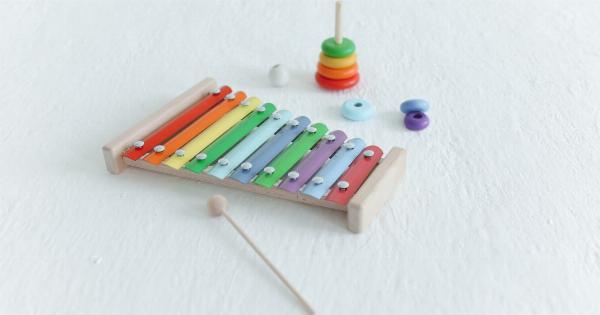As parents, we are always looking for ways to help our children become smarter and more successful in life. We enroll them in after-school activities, hire tutors, and encourage them to study hard.
However, what if I told you that there is a simple habit that can significantly boost your child’s intelligence?.
The Power of Reading
Reading is a powerful tool that can unlock numerous benefits for your child’s intellectual development. Not only does it enhance their language and literacy skills, but it also expands their knowledge, vocabulary, and critical thinking abilities.
Moreover, reading helps foster creativity, imagination, and empathy in children.
Building a Reading Habit
Now that we understand the importance of reading, let’s explore how you can help your child build a reading habit.
1. Make Reading a Daily Ritual
Consistency is key when it comes to creating any habit. Set aside a specific time every day for reading. It could be before bedtime or after dinner. Ensure that this time is free from distractions, such as television or electronic gadgets.
2. Create a Reading-friendly Environment
Designate a cozy and comfortable reading area in your home. Fill it with books, cushions, and a soft reading light. This will make reading more enjoyable for your child and encourage them to spend time in this space.
3. Lead by Example
Children are more likely to emulate their parents’ habits. Let your child observe you reading books, newspapers, or magazines regularly. Discuss the content you read with them, and show genuine enthusiasm for reading.
4. Visit the Library Regularly
The library is a treasure trove of books catering to every interest and reading level. Take your child to the library regularly and let them explore different genres, authors, and subjects. Encourage them to choose books they find interesting.
5. Read Aloud to Your Child
Reading aloud to your child has numerous benefits. It helps improve their listening skills, enhances their vocabulary, and fosters a love for storytelling. Additionally, it provides an opportunity for bonding and quality time together.
6. Join a Book Club or Reading Program
Consider enrolling your child in a book club or a reading program. These initiatives provide opportunities for children to discuss books, share their thoughts, and engage in activities related to reading.
It also exposes them to a community of fellow readers.
7. Encourage Book Discussions
After your child finishes reading a book, engage in a discussion about the story, characters, and their favorite parts. Encourage them to ask questions, express their opinions, and make predictions.
This helps develop their analytical and critical thinking skills.
8. Limit Screen Time
Excessive screen time, be it television, video games, or social media, can hinder the development of a reading habit. Establish reasonable screen time limits and encourage your child to replace some of that time with reading.
9. Explore Different Formats
Books come in various formats, such as physical copies, e-books, and audiobooks. Let your child explore different formats and find what they enjoy the most.
Some children may prefer listening to audiobooks, while others may enjoy the feel of a physical book.
10. Be Patient and Supportive
Building a reading habit takes time. Be patient with your child and provide gentle encouragement. Celebrate their progress and achievements along the way. Avoid pressuring them or making reading feel like a chore.
By implementing these strategies, you can help your child develop a reading habit that will not only make them smarter but also open doors to countless opportunities. Remember, every book they read is a step towards a brighter future.




























